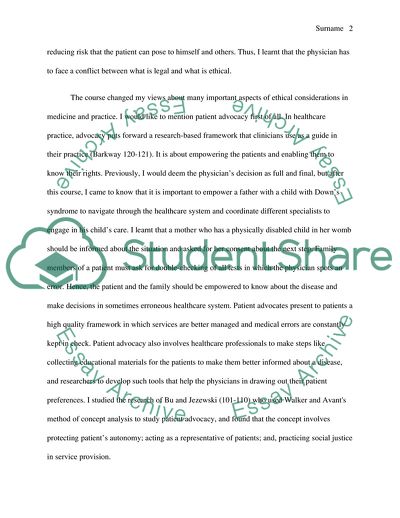Cite this document
(Reflection on Experience Studying Postgraduate Bioethics Course Personal Statement, n.d.)
Reflection on Experience Studying Postgraduate Bioethics Course Personal Statement. https://studentshare.org/medical-science/1810847-a-reflection-paper
Reflection on Experience Studying Postgraduate Bioethics Course Personal Statement. https://studentshare.org/medical-science/1810847-a-reflection-paper
(Reflection on Experience Studying Postgraduate Bioethics Course Personal Statement)
Reflection on Experience Studying Postgraduate Bioethics Course Personal Statement. https://studentshare.org/medical-science/1810847-a-reflection-paper.
Reflection on Experience Studying Postgraduate Bioethics Course Personal Statement. https://studentshare.org/medical-science/1810847-a-reflection-paper.
“Reflection on Experience Studying Postgraduate Bioethics Course Personal Statement”. https://studentshare.org/medical-science/1810847-a-reflection-paper.


